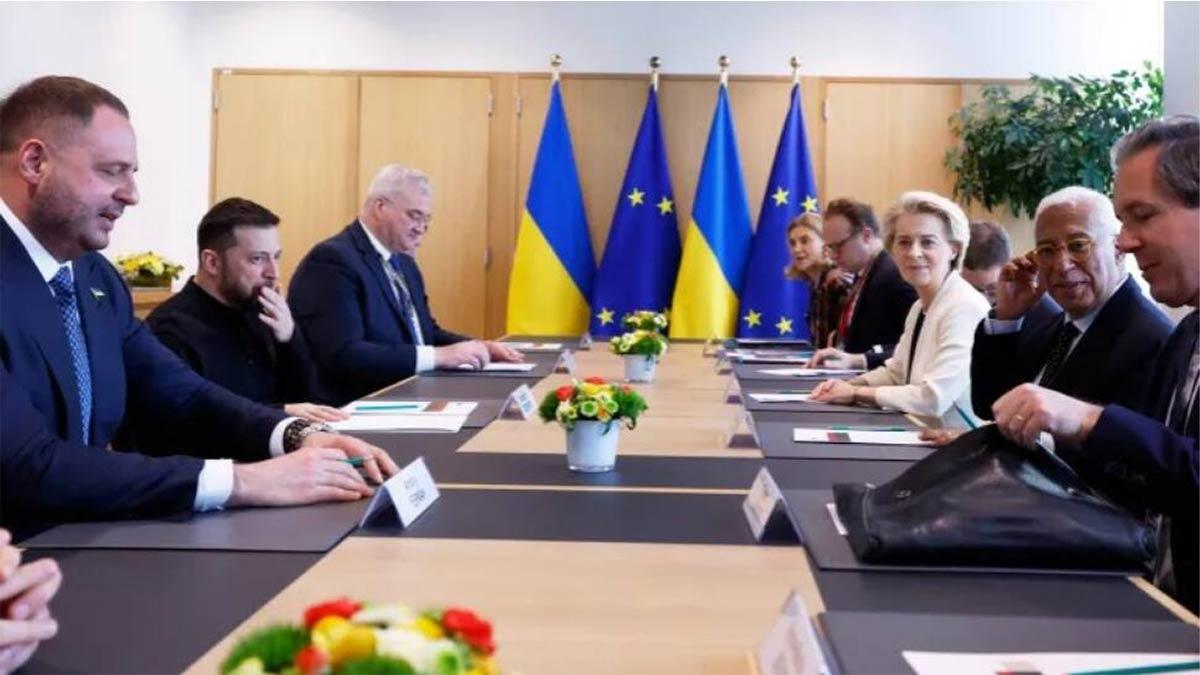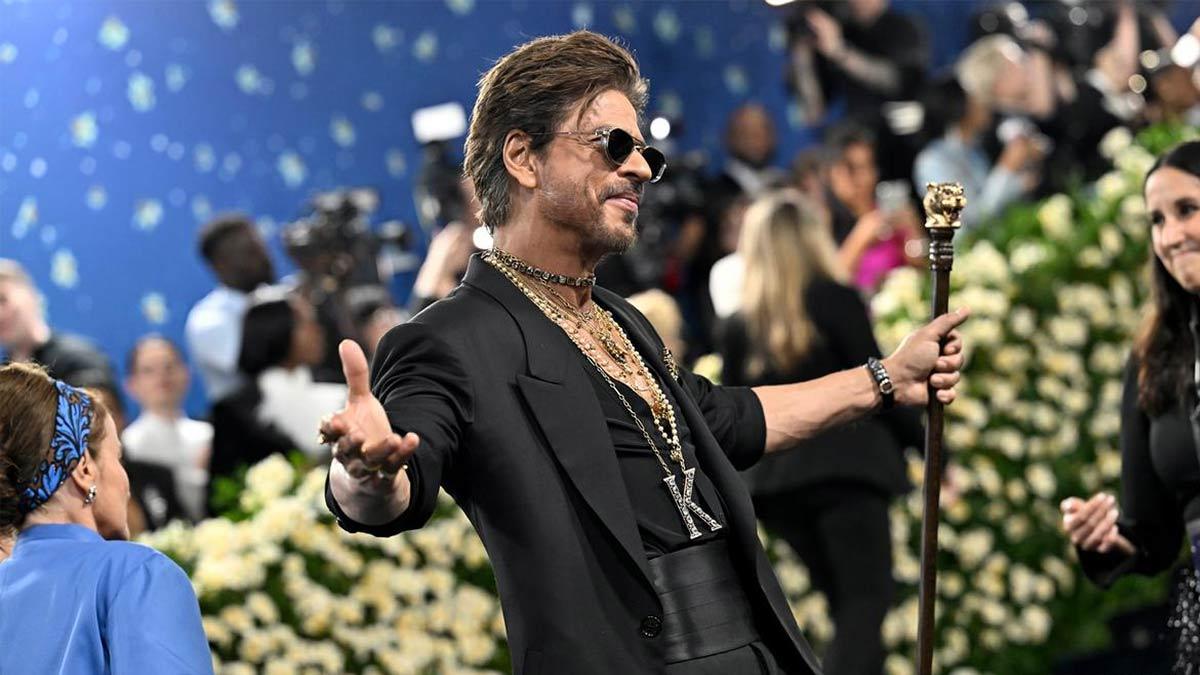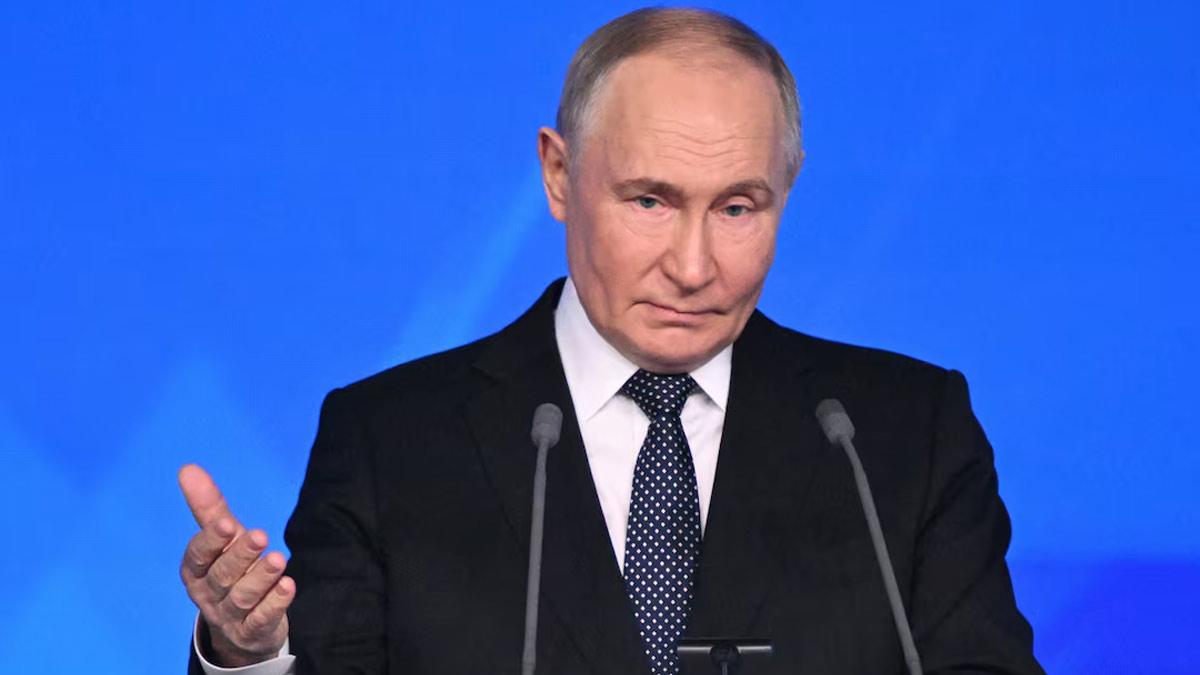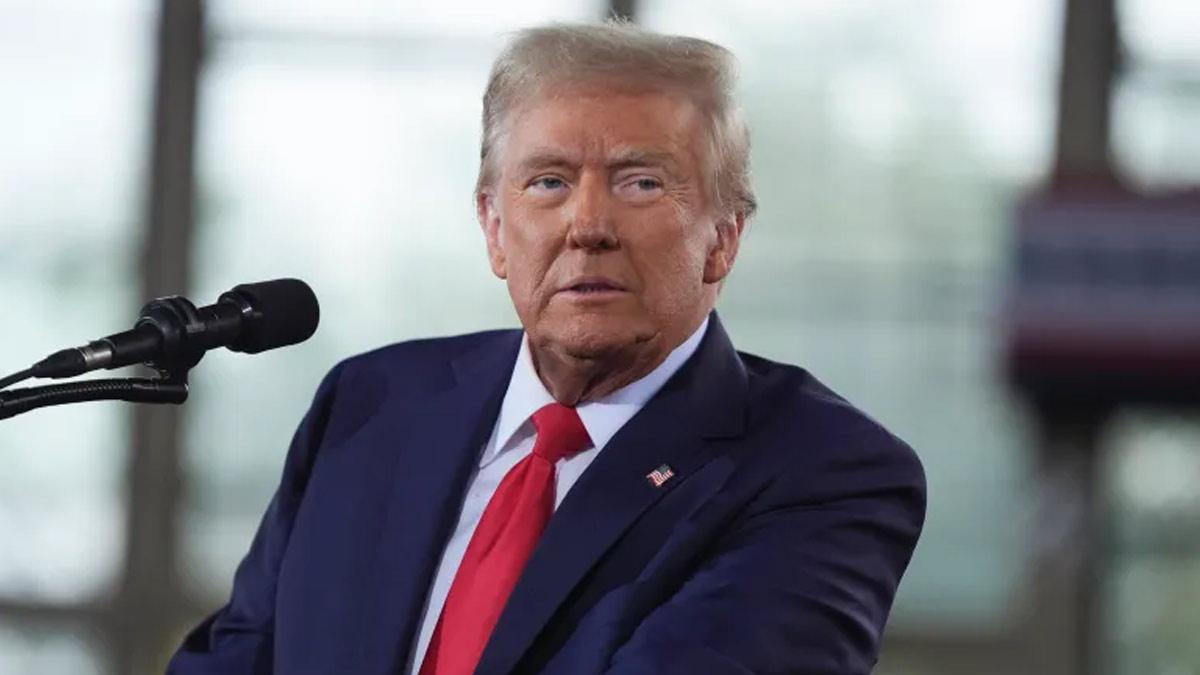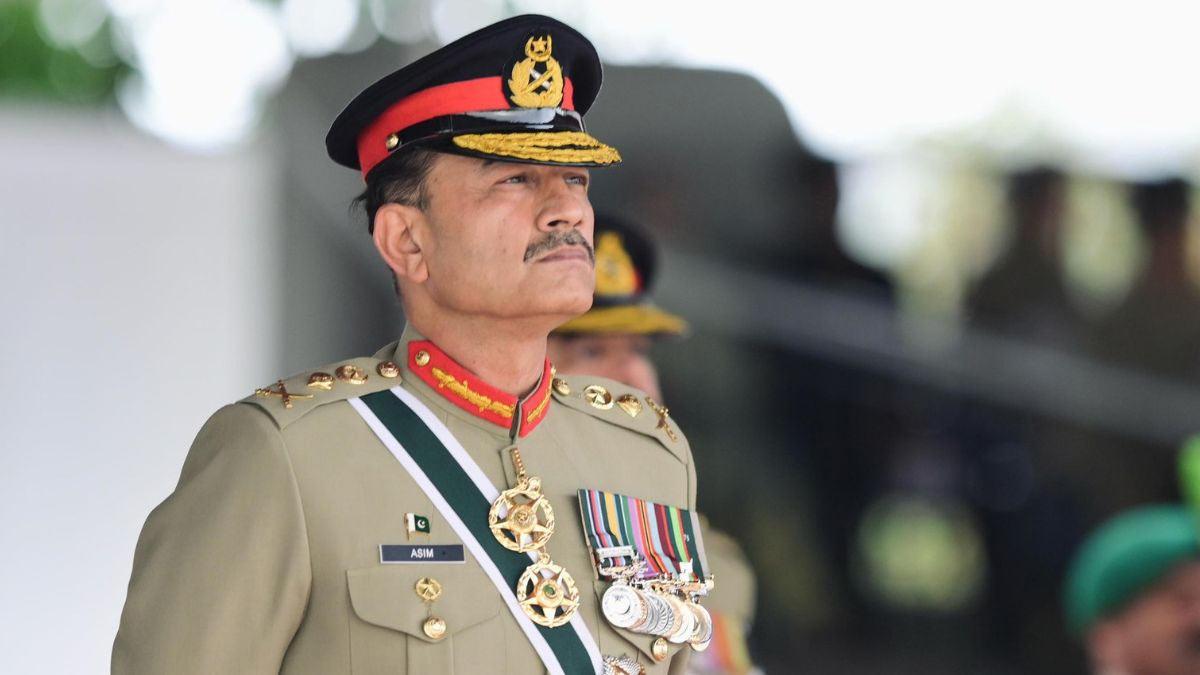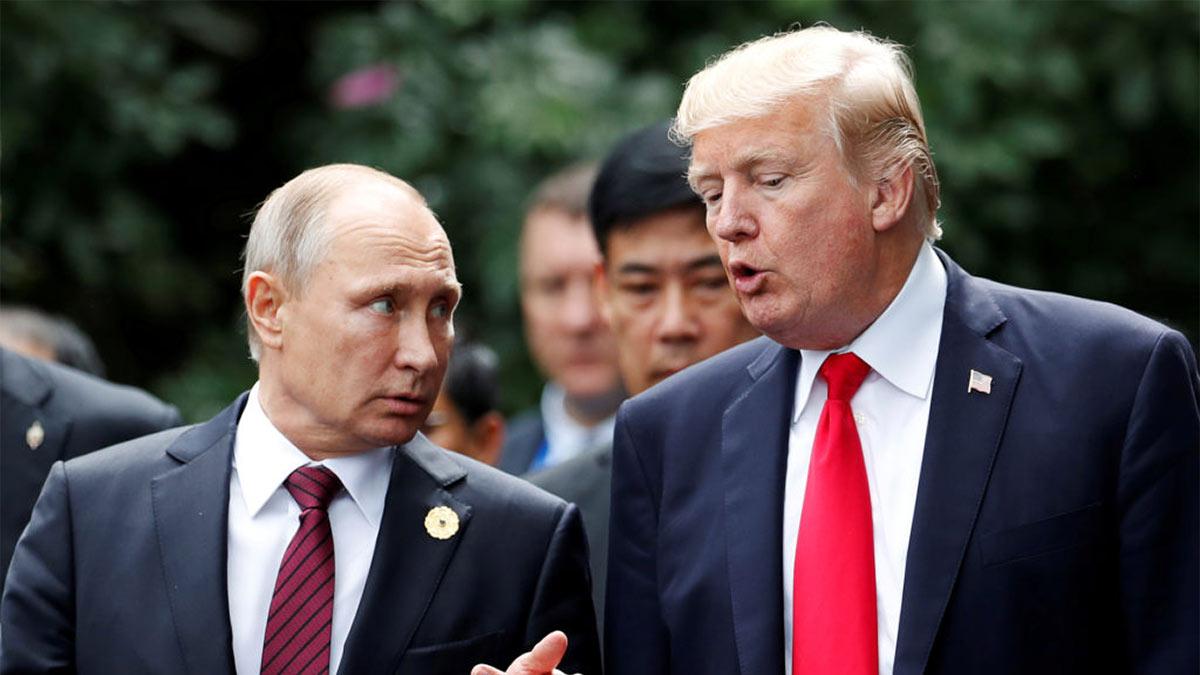European Union leaders pledged on Thursday to bolstering the continent's defenses and opening up hundreds of billions of euros for security after repeated threats from U.S. President Donald Trump that European countries might be left to fend off the threat of Russia by themselves.
With an increasing awareness that they might be forced to protect themselves without American backing, EU member countries—most of which have underinvested in their military for decades—met in emergency sessions in Brussels to discuss ways to enhance their security and keep Ukraine protected.
The action represents a dramatic geopolitical pivot, forced by Trump's rhetoric undermining the 80-year-old post-World War II transatlantic security alliance.
The 27 EU leaders also agreed to ease budget limits so that member states can raise their military expenditures. They also called on the European Commission to come up with other means of "facilitating considerable defense expenditure" at the national level. Estimates by the executive branch of the EU put the amount of funds freed up by these measures at about €650 billion ($702 billion) for defense spending.
Moreover, the leaders considered a proposal from the European Commission of a €150 billion ($162 billion) loan facility for the purchase of military hardware. They called on officials to consider the offer as an urgent priority.
Although Hungarian Prime Minister Viktor Orbán, a political ally of Russian President Vladimir Putin and a hardline supporter of Trump, did not sign off on part of the summit's declaration in support of Ukraine, the remaining 26 EU leaders declared that all negotiations regarding Ukraine should involve both Europe and Ukraine. To date, European states have been widely excluded from American-led negotiations with Russia.
Ukraine and U.S. to Discuss Saudis Next Week
Separately, Ukrainian President Volodymyr Zelenskyy revealed that senior-level negotiations between Ukraine and the U.S. on winding down the war will be conducted in Saudi Arabia next week. Zelenskyy said in his evening address that he would fly to Saudi Arabia on Monday to meet with Crown Prince Mohammed bin Salman, while his team would remain behind for continued talks with U.S. representatives.
Trump has over the past few weeks reversed long-standing security arrangements, improved relations with Russia, pulled U.S. support from Ukraine, and tested the tradition of transatlantic cooperation that has been a pillar of Western security since World War II.
Polish Prime Minister Donald Tusk, whose nation has the EU's rotating presidency, said that the conflict in Ukraine, combined with changing U.S. priorities, represents an unprecedented test of Europe.
"We will equip ourselves quicker, wiser, and more effectively than Russia," Tusk stated.
The proposal to relax budgetary regulations to increase military expenditure came from European Commission President Ursula von der Leyen, who chairs the EU's executive branch.
Read also| Trump Halts Tariff Increases on Select Mexican Imports

